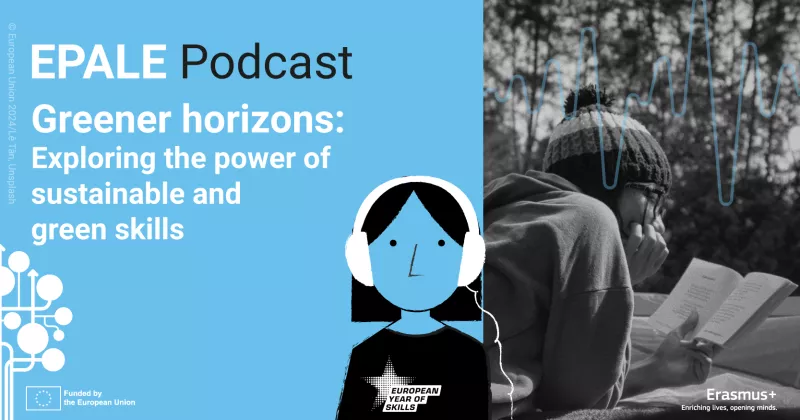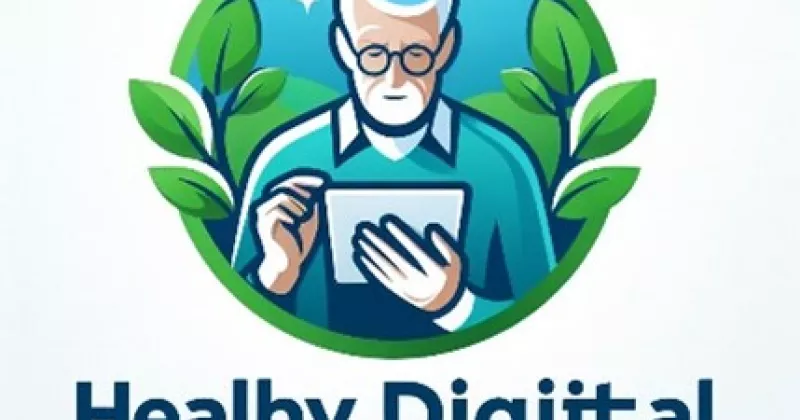The role of volunteer befrienders in supporting integration

“I live in UK five years. I only talk English in shop: yes, no, thank you. My friends all speak my language. All week I stay at home. At weekend I see my friend sometime.” Eritrean mother of 2 small children.
Practitioners working with migrant women are familiar with statements like this. We know that isolation can be a real issue for women, particularly those who have recently arrived in the UK. With the reduction in the number of ESOL (English for speakers of other languages) classes as well as the imposition of fees, it is inevitable that more and more women will become isolated and have no means of acquiring English language skills. Even for those able to attend ESOL classes, the opportunities to practise the skills they learn in class, and opportunities to engage with “life in the UK” can be very limited.
Over the last six years, Learning Unlimited (LU) has led several partnership projects, funded by the European Integration Fund (EIF), which all successfully engaged and supported non-EU migrant women settling in the UK:
Parents’ Integration through Partnership (2014 – 2015)
Active Citizenship and English (2014 – 2015)
- Welcome to the UK (2010 – 2013)
These projects were all designed to offer:
a holistic programme of contextualised, topic-based language learning (ESOL),
input and support from local, trained and supported volunteers
awareness-raising events, workshops and trips
participation and input from the local community and local service providers
development of materials and publications
and workshops and dissemination events for other providers.
Key to the success of these projects was the role and input of volunteer befrienders in supporting the migrant women attending each project’s ESOL programme.
Trainee volunteer befrienders (all of which were women) included higher level project participants, previous LU learners from a wide range of ESOL and family learning programmes, other centre users and local people recruited through community and volunteer organisations and websites.
At the interview stage many women, when asked why they wanted to become befrienders, said that they wanted to give something back to the communities in which they lived. They also wanted to make use of their own experiences to benefit other women and these experiences were an invaluable resource during the training sessions, too:
‘I remember I moved to the UK 8 years ago. I remember how stressful and scary it was for me as well. Now I am settled and like to help other people through my experience.’
Volunteer befriender (Welcome to the UK project)
The type of support the befrienders provided varied enormously from simply meeting up regularly for a cup of coffee and a chat, to helping to gather together second-hand nursery furniture for an expectant mother, practising for ESOL exams and supporting with homework, to much more serious issues such as dealing with child health problems. An important part of the training was to ensure that befrienders understood the parameters of their role – when to signpost to professional services and when to report safeguarding issues such as domestic violence.
As well as sometimes becoming the first person that learners disclosed serious issues to, befrienders also became role models, friends, and sympathetic listeners who learners could develop conversational language skills with and so build their confidence in a very supported way.
An essential element of each project’s befriending system was the individual support provided for the befrienders from the project team and regular keeping-in-touch meetings where befrienders could share ideas and experiences and support each other. An important principle underpinning our befriending system was that befriending was seen to be a dynamic two-way process with many benefits and positive outcomes for the befrienders, too. For many befrienders, the positive impact of this experience has built their confidence and self-esteem and opened up doors to many other opportunities: ‘I feel proud of me’, ‘I feel useful for others.’
We have certainly learned a lot about befriending and how experiential, participatory approaches can empower migrant women with their volunteer befrienders to become pro-active agents of change within their local communities, and do the unexpected. This has included making their own films, writing, illustrating and publishing books, writing and issuing press releases, organising and facilitating large public events, volunteering in their communities, campaigning, holding school assemblies, addressing public and council meetings, becoming advisory group members and practitioner researchers, and being interviewed on breakfast television!
If you’d like to find out more, please see each project’s page on the Learning Unlimited website or feel welcome to get in touch.
This is a joint article written by Learning Unlimited directors Foufou Savitzky, Family Learning and Literacy Education specialist, and Karen Dudley, ESOL specialist and EIF project manager.






What a great idea to let